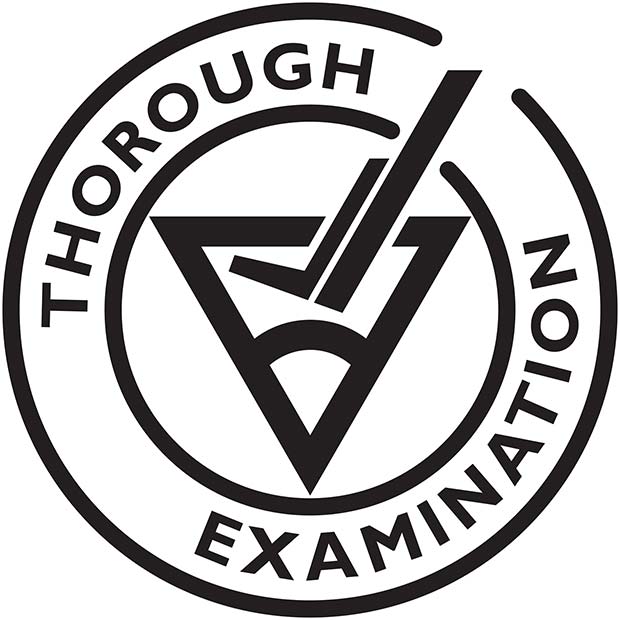October marked the 20th anniversary of LOLER and PUWER. CFTS Chairman Geoff Martin reflects on their introduction, and their ongoing impact on the fork lift truck employers.
 December 1998 is probably most remembered for its Christmas gales. However, for those in the fork lift industry, it was a time of great change. That month saw both the Provision and Use of Work Equipment Regulations (PUWER) and the Lifting Operations and Lifting Equipment Regulations (LOLER) come into force.
December 1998 is probably most remembered for its Christmas gales. However, for those in the fork lift industry, it was a time of great change. That month saw both the Provision and Use of Work Equipment Regulations (PUWER) and the Lifting Operations and Lifting Equipment Regulations (LOLER) come into force.
Created to implement the EU’s changes to the Use of Work Equipment Directive (AUWED), the legislation aims to make working life safer for everyone using and coming into contact with equipment.
This lack of clarity, has led to confusion among lift truck employers over what’s necessary for compliance and how to achieve it.
Why the confusion?
While LOLER addresses the forklift’s lifting mechanism, PUWER covers the truck’s safetycritical components.
Because forklifts must meet both sets of requirements, there is room for interpretation.
Without an agreed standard for the crucial checks, such as we see in the automotive MOT, employers may assume their truck complies with both.
The cost of getting it wrong
The introduction of Fee for Intervention (FFI), Corporate Manslaughter and Corporate Homicide Act and updates to the Approved Code of Practice (L117), means assumptions can be dangerous…
For employers, complying with the demands LOLER and PUWER has never been so tough… or so costly. Non-compliance comes at a much heavier cost – so it’s essential those most at risk understand their obligations, as well as potential penalties.
The lack of clarity over Thorough Examinations makes choosing providers a real challenge.
A thorough Thorough Examination standard
Having identified the issue , the UK’s leading authorities on lift truck operations, BITA (British Industrial Truck Association) and FLTA (Fork Lift Truck Association) joined forces. In 2004, they launched CFTS with a view to establishing a scheme ensuring simple ‘one-stop’ compliance for any company operating lift trucks.
Today, more than 400 accredited companies adhere to our strict guidelines… and for good reason. Our Thorough Examination process provides them with a robust examination framework.
Importantly, it ensures the depth of inspection necessary to ensure employers are working safely and legally – wherever they are in the UK.




Comments are closed.